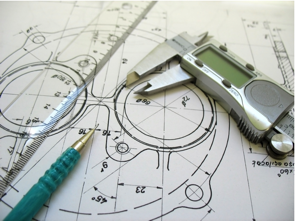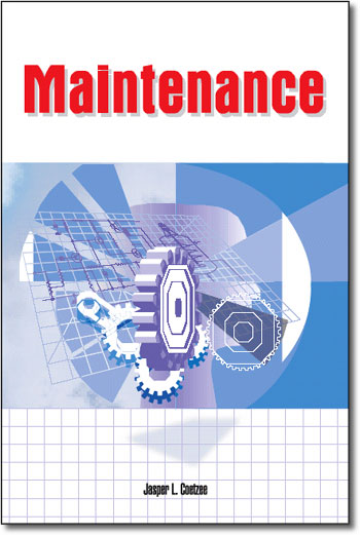RCM is the best tool available to decide what maintenance to do to your equipment
 RCM = Reliability Centred Maintenance. The maintenance of physical assets needs to be scientifically determined based on reliability considerations. Reliability stands at the centre. This is the principle that improved the safety of modern jet liners and many industries to the level which improves the quality of our lives greatly.
RCM = Reliability Centred Maintenance. The maintenance of physical assets needs to be scientifically determined based on reliability considerations. Reliability stands at the centre. This is the principle that improved the safety of modern jet liners and many industries to the level which improves the quality of our lives greatly.
Modern production equipment design is complex. It thus needs to be maintained scientifically. So how do you decide what maintenance to do on your critical production equipment? By deciding which failures are the ones that matter and then designing maintenance tasks for them.
The maintenance suggested by the manufacturer of your equipment often leads to one of two things. These are respectively over-maintenance or under-maintenance.
The reasons for this is:
- The manufacturer does not understand your specific production circumstances.
- The manufacturer is often over-conservative in their approach to ensure that their good name is preserved. This leads to unnecessary expensive maintenance.

Reliability Centred Maintenance (RCM) has become an industry standard. It is the tool of choice for the design and development of effective maintenance plans.
One of the key drives behind RCM was to assure a high level of safety performance. The safety record of modern passenger airliners bears this out. Similar success has been achieved in many industries using RCM.
Courses in RCM
We present two courses in RCM: C903 and S801. They provide a good theoretical and practical base for the use of the RCM technique.
The difference between the two courses are:
- The three day short course (S801) teaches RCM as technique.
- The five day course (C903) adds two days. These two days essentially adds facilitation skills to S801.
Course Content
|
Module 1 – RCM Principles
|
Module 2 – Select Failure Modes
|
Module 3 – Select Maintenance Tasks
Workshop: Use the techniques learnt to develop a maintenance plan for an example technical system. Note:This short course forms the first three days of the RCM Facilitation course (C903) |
 |
Who Should Attend The C903 course is recommended for facilitators of RCM sessions. The S801 course is meant for participants in RCM design sessions. Any person who needs to apply the RCM logic to a system or parts of a system will also benefit from any of the two courses. |
|
Important note: Laptop computer required – refer to terms and conditions on Course Registration form, and footnote on the Course Listing.
|
Credits 8*, level 6** CPD Points: 3 * The course comprises 40 hours of study, of which 24 hours are in class, with a further 16 hours for the assignment. **Higher Diploma level |
|
Textbook Provided |

